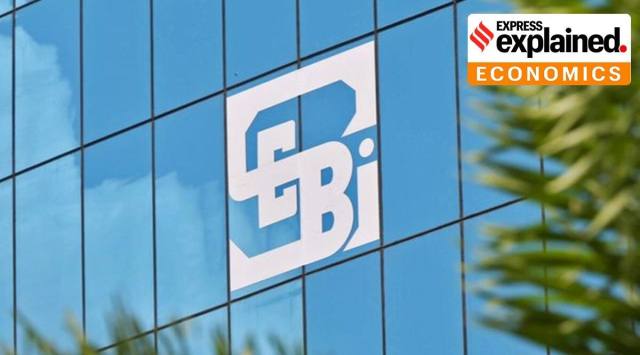SEBI chief says instant settlement of trades in the works: What does it mean, and how will investors benefit?
'Settlement' is a two-way process that involves the transfer of funds and securities on the settlement date. As of now, there is a lag between trade and settlement
 The SEBI chairperson said the shift to instant trade settlement will need some more work. (Photo: Reuters)
The SEBI chairperson said the shift to instant trade settlement will need some more work. (Photo: Reuters) The securities market regulator has said it is working on real-time settlement of transactions in India’s stock exchanges. The announcement by Madhabi Puri Buch, chairperson of the Securities and Exchange Board of India (SEBI), came after the regulator shortened the settlement cycle to trade-plus-one (T+1) from T+2.
What is meant by trade settlement?
‘Settlement’ is a two-way process that involves the transfer of funds and securities on the settlement date. As of now, there is a lag between trade and settlement — the settlement date is different from the trade date. A trade settlement is said to be complete once purchased securities of a listed company are delivered to the buyer, and the seller gets the money.
The current cycle of ‘T+1’ in India means trade-related settlements happen within a day, or within 24 hours of the actual transaction. The migration to the T+1 cycle came into effect in January this year.
India became the second country to start the T+1 settlement cycle in top listed securities after China, bringing operational efficiency, faster fund remittances, share delivery, and ease for stock market participants.
What has SEBI announced now?
SEBI has said it is working on a plan for “instantaneous” settlement of trades in the securities market.
“Certainly, one of the things that we think is not very far off is the instantaneous settlement on the stock exchanges. We are currently working on that. We are also engaged with the ecosystem. We believe that in future we will have a mechanism which will facilitate instantaneous settlement of transactions on stock exchanges,” Chairperson Buch said.
Same-day, or ‘T+0’, settlement of trades will be possible with the real-time payment system — Unified Payments Interface (UPI), online depositories, and technology stack, she said.
What will change for investors with T+0?
Under the current T+1 settlement cycle, if an investor sells securities, the money gets credited into her account the following day. Under the T+0 settlement cycle, if investors sell shares, they will get the money in their account instantaneously, and the buyers will get the shares in their demat accounts the same day.
“The investor’s money will not get stuck with brokers or stock exchanges, they will get the money on the same day after the transactions happen,” a market participant said.
When is the migration to T+0 expected?
The SEBI chairperson said the shift to instant trade settlement will need some more work.
“If the ASBA (in the secondary market) goes smoothly, then the next step is instantaneous settlement,” she said.
In March this year, SEBI approved a framework for an Application Supported by Blocked Amount (ASBA)-like facility for trading in the secondary market. It is aimed at safeguarding investors’ money which is with stockbrokers, and also at bringing transparency.
“I am not sure if this (instant settlement of trades) can happen this financial year, it may spill over to the next financial year,” Buch said.
- 01
- 02
- 03
- 04
- 05





































